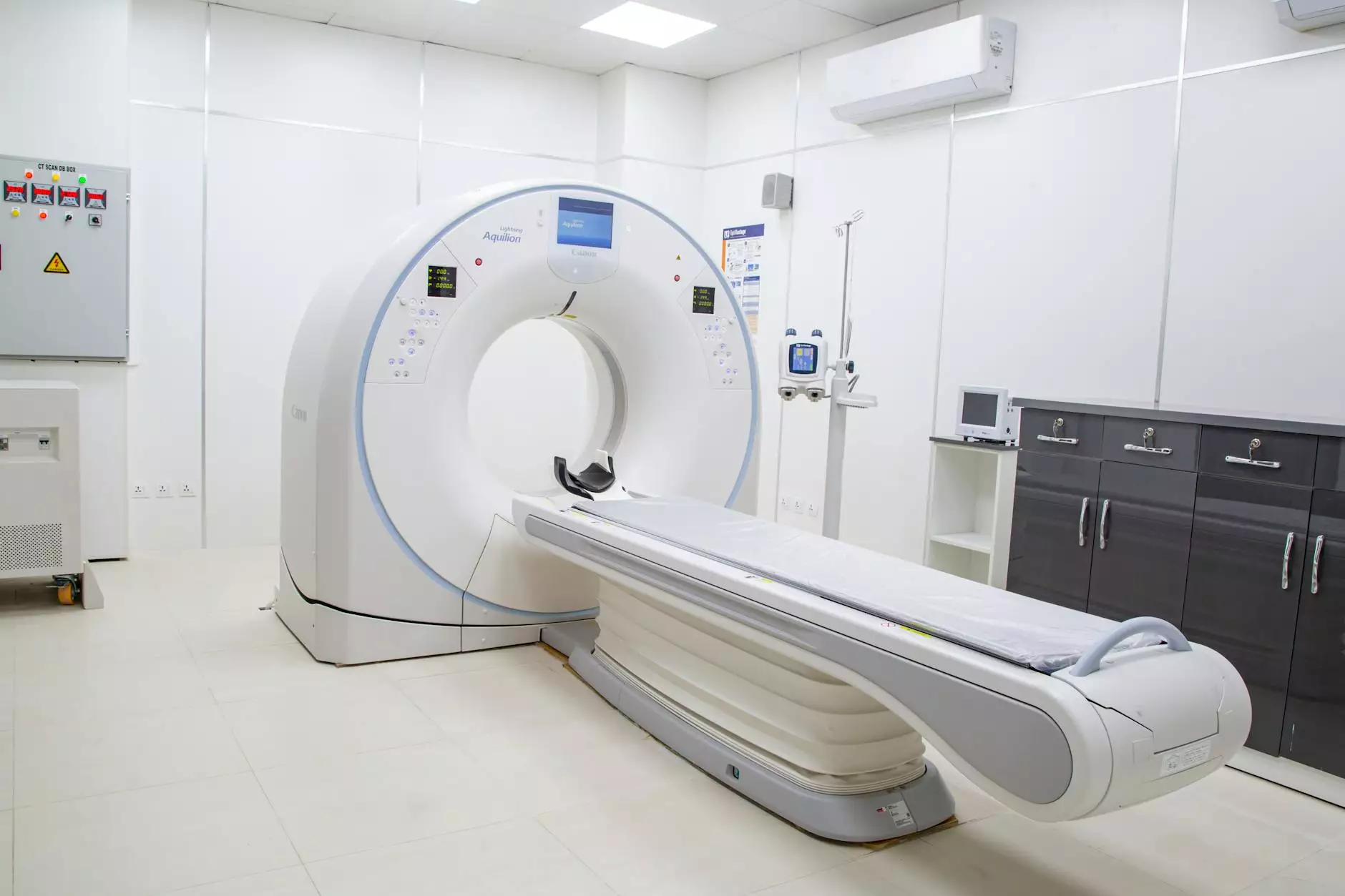Understanding the Role of Pharmacy in Addiction Medicine

In modern healthcare, the intersection of pharmacy and addiction medicine is crucial for effective patient care. Particularly with medications like Xanax, part of the https://alprazolam-xanax.com domain, pharmacists play a vital role in ensuring that these drugs are used responsibly and safely.
The Significance of Pharmacists in Addiction Medicine
Pharmacists are often the frontline healthcare providers that patients encounter. They are integral in ensuring that patients understand their medications, especially those used in the treatment of anxiety and panic disorders. The misuse of medications can lead to devastating consequences, highlighting the pharmacist's role in addiction medicine.
- Medication Management: Pharmacists are key in managing prescriptions, ensuring that patients receive the appropriate dosage and understand how to take their medications safely.
- Patient Education: Pharmacists offer guidance on the risks associated with medications like Xanax, which can be habit-forming.
- Monitoring Therapy: Continuous monitoring of the patient's therapy is crucial to detect any signs of misuse.
Understanding Xanax and Its Role in Treatment
Xanax, a brand name for alprazolam, is often prescribed for managing anxiety and panic disorders. While it can be highly effective in the short term, it also has the potential for addiction, which makes it imperative to use this medication with caution.
What is Xanax?
Xanax belongs to a class of medications known as benzodiazepines. These drugs work by enhancing the effects of a natural chemical in the body (GABA), leading to a calming effect. Some key points about Xanax include:
- Indications: Used primarily to treat anxiety disorders and panic attacks.
- Dosage Forms: Available in various strengths, including tablets and extended-release formulations.
- Potential for Dependence: The longer a patient takes Xanax, the higher the risk for dependence, highlighting the need for careful monitoring by healthcare professionals.
The Path to Recovery: Pharmacists as Supportive Figures
In addiction medicine, the recovery journey can be challenging. Pharmacists not only dispense medication but also serve as invaluable resources for support and advice. They can assist patients in understanding the importance of adherence to prescribed regimens and work collaboratively with healthcare teams.
Building Trust and Communication
Effective communication between pharmacists and patients is vital for building trust. Here are several ways pharmacists can foster this trust:
- Active Listening: Understanding patients’ experiences and concerns about their medications.
- Non-Judgmental Approach: Providing care without stigma can help patients feel comfortable discussing their medication use.
- Regular Follow-Ups: Ensuring that patients have regular check-ins to address any issues with their medications.
Challenges in Addiction Medicine
Despite the critical role pharmacists play, challenges persist in addiction medicine. These challenges may include:
- Stigma: Some patients may avoid seeking help due to fears of being judged.
- Accessibility: Ensuring that all patients have access to pharmacy services and addiction resources.
- Education: Ongoing education for pharmacists is essential to keep up with best practices in addiction treatment.
Collaborative Care in Addiction Medicine
Collaboration among healthcare providers is essential for comprehensive addiction treatment. A team approach can significantly improve patient outcomes. This team typically includes:
- Physicians: Who provide diagnoses and treatment plans.
- Counselors: Who offer psychological support and therapy.
- Pharmacists: Who manage medication therapy and educate patients.
Conclusion: The Vital Role of Responsible Pharmacy Practices
In conclusion, as we navigate the complexities of addiction medicine, the role of pharmacists becomes ever more important. With medications like Xanax being commonly prescribed, responsible pharmacy practices are essential to ensure patient safety and promote recovery. As part of the healthcare system, pharmacists must continue to advocate for their patients, educate them on the safe use of medications, and collaborate effectively with other healthcare professionals.
By placing a strong emphasis on responsible pharmacy practices, the healthcare community can significantly impact the fight against addiction and assist countless individuals in reclaiming their lives and achieving lasting recovery.








